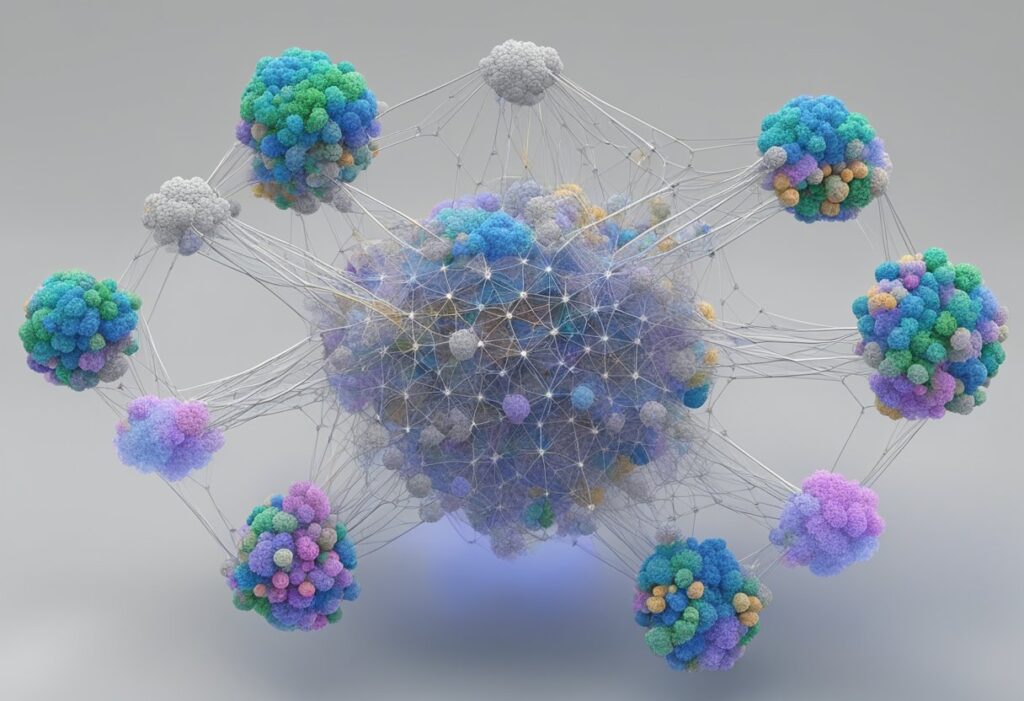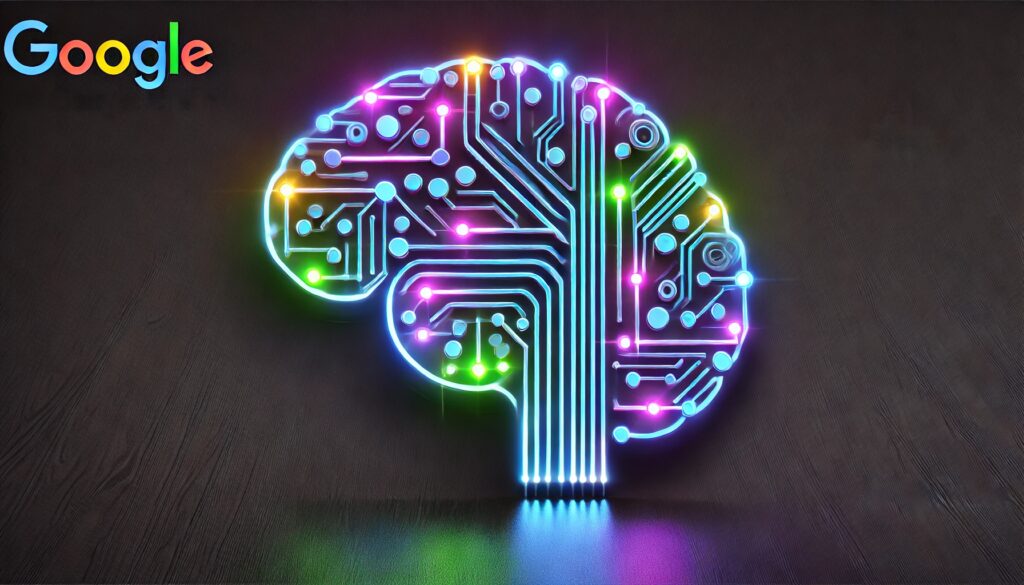
The Mysterious Genesis of Project Q*
The tech community has been abuzz with speculation ever since the abrupt dismissal of Sam Altman, OpenAI’s CEO. At the heart of this controversy lies an enigmatic internal project named Q. While OpenAI has only alluded to the existence of this project, the scant details available have sparked intense debate and concern within the scientific and tech communities. But what exactly is Project Q? And why is it causing such a stir?
The Origins of Q*: A Step Towards AGI
Project Q* is shrouded in secrecy, with very little officially disclosed by OpenAI. However, insider reports suggest that Q* represents a significant leap in AI research—possibly a step closer to Artificial General Intelligence (AGI). AGI differs from the AI systems we know today, which are typically designed to perform specific tasks, such as language translation, image recognition, or strategic gameplay. AGI, on the other hand, refers to a form of AI that possesses a generalized form of intelligence akin to human cognitive abilities, capable of performing a wide range of tasks, learning, and adapting autonomously.
The Potential Power and Peril of AGI
If Q* is indeed a precursor to AGI, the implications are monumental. AGI could transform every facet of society, from healthcare to economics, and from education to defense. With AGI, machines could theoretically understand and execute any intellectual task that a human being can do, potentially surpassing human capabilities in many areas.
But this power comes with significant risks. The primary concern is that once AGI is achieved, it could rapidly improve itself beyond our control or understanding, a phenomenon often referred to as the “intelligence explosion.” This scenario could lead to a situation where AGI operates on a level so advanced that human beings would struggle to predict or influence its decisions. The risk of unintended consequences from such powerful AI systems is real, and this is where the concerns about Project Q* primarily lie.
If the rumors about Q* are true, then we may be on the verge of achieving AGI sooner than anticipated. This project underscores the urgent need for comprehensive ethical guidelines and safety protocols in AI development
— AI Ethics Researcher
What Makes Q* Different?
Current AI systems, while impressive, are fundamentally limited. They excel in narrowly defined domains but lack the versatility and adaptability of human intelligence. Q, however, is rumored to have broken through these limitations. According to sources, Q deals with mathematical problems that, when solved, could unlock new pathways in AI cognition, potentially leading to systems that can think, learn, and make decisions more like a human—or even surpass human thought processes.
The implications of such a breakthrough are staggering. Q* could enable AI to autonomously explore new domains, solve problems that were previously thought to be intractable, and even develop new scientific theories without human intervention. This level of capability could outstrip any current AI model, making Q* a potential game-changer in the field of AI.
The Ethical Dilemma of Creating AGI
The ethical challenges posed by AGI are as vast as the technological hurdles. The creation of an AGI system like Q* raises critical questions: How do we ensure that such a system acts in the best interests of humanity? What safeguards can be put in place to prevent misuse or unintended harm? And who should control such a powerful tool?
These questions are not merely academic. The stakes are real: an uncontrolled AGI could potentially cause global disruptions, from economic upheaval to security threats. The ethical framework governing the development and deployment of AGI is still in its infancy, and the sudden emergence of a project like Q* has thrown these issues into sharp relief.
The Role of Sam Altman and His Sudden Departure
Sam Altman’s departure from OpenAI adds another layer of complexity to the Q* narrative. Altman was known for his balanced approach to AI development, advocating for progress while remaining acutely aware of the associated risks. His sudden removal, allegedly linked to the warnings raised by researchers about Q*, suggests that the project’s implications were serious enough to merit drastic action.
Some speculate that Altman’s ousting was a result of internal conflicts over how to proceed with Q*. Was he too cautious, or perhaps not cautious enough? Did he oppose the project, or was he pushing it forward too aggressively? The lack of transparency from OpenAI has left these questions unanswered, fueling further speculation.
Project Q* could either be the greatest achievement in the history of artificial intelligence or the catalyst for unforeseen challenges that could redefine the relationship between humans and machines.
— Speculative Commentary from AI Community
The Growing Call for Transparency
The secretive nature of Project Q* and the circumstances surrounding Altman’s departure have led to growing calls for transparency. The AI community, along with policymakers and the public, are increasingly demanding to know more about the nature of Q*, its potential risks, and the steps being taken to mitigate those risks. The debate over transparency in AI development is not new, but the stakes have never been higher.
If Q* is truly on the verge of achieving AGI, then the implications are global, and the conversation cannot be limited to the walls of OpenAI’s headquarters. Many experts argue that the development of AGI requires international cooperation, robust regulatory frameworks, and open dialogue between technologists, ethicists, and the public.
The Future of AI and Humanity
The emergence of Project Q* represents a pivotal moment in the history of AI. It forces us to confront fundamental questions about the future of intelligence, the role of technology in society, and the very nature of humanity. As we stand on the brink of what could be the most significant technological breakthrough of our time, it is imperative that we approach the future with a combination of curiosity, caution, and collaboration.
The story of Q* is a reminder that with great power comes great responsibility. The choices made by OpenAI and the broader AI community in the coming months and years will shape the trajectory of human civilization. As we look ahead, we must strive to ensure that the benefits of AI are shared by all, and that the risks are carefully managed to protect the future of humanity.
Further Exploration:
For more insights into the ethical implications of AGI and the ongoing developments in AI research, consider exploring these resources:
AI Safety and Regulation
- “Superintelligence: Paths, Dangers, Strategies” by Nick Bostrom
A seminal book that discusses the potential dangers of superintelligent AI and the strategies that could be employed to mitigate these risks. Bostrom explores the concept of AGI and its implications for the future of humanity.
Purchase or learn more about the book here - “AI Safety: Current Challenges and Opportunities” by Stuart Russell
In this paper, Stuart Russell, a leading AI researcher, outlines the current challenges in ensuring the safety of AI systems, particularly as we approach AGI. He also discusses the opportunities for developing safe and beneficial AI.
Read the paper here - “Guidelines for AI Governance and Regulation” by the OECD
The OECD’s guidelines provide a framework for the governance and regulation of AI technologies, emphasizing the importance of transparency, fairness, and accountability in AI systems.





